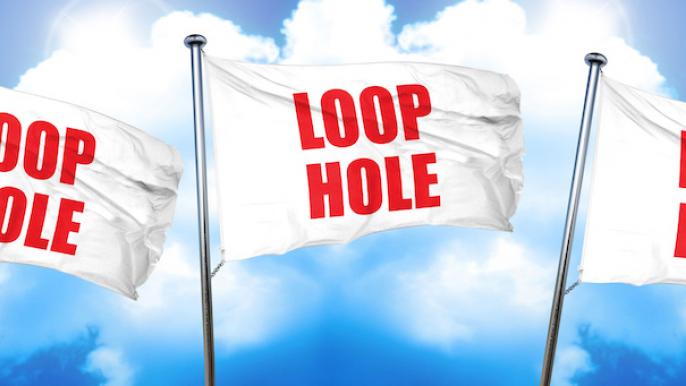
According to a 2001 FAA statement, 14 CFR Part 91 is supposed to apply to pilots and aircraft owners who operate their aircraft “only for themselves and their guests and (they) may not offer transportation for hire to the general public unless they do so under Part 135 or Part 121.” Over the last 20 years, that dictum has been challenged by imaginative pilots and businesses who have found ways to charge fees and fares to passengers by finding loopholes in the federal air regulations. Unfortunately for them, the doubtful safety record of these businesses has drawn the attention of the NTSB.
In a report issued by the NTSB on March 23, the agency found four different ways operators have been charging passengers for Part 91 flights. These are exceptions, exemptions, omissions and exploitation of loopholes in 14 CFR Part 119, which spells out the requirements for the certification of air carriers and commercial operators. The Board cited eight accidents from 2010-19 as examples of the types of loopholes that should be closed.
Operating under exceptions to Part 119 were a helicopter air tour flight with an FAA letter of authorization (LOA), a hot air balloon sightseeing flight and a parachute jump flight. These three flights alone accounted for 28 fatalities. An exemption to the rules allowed the flight of a “living history flight experience” (LHFE) B-17,which resulted in seven fatalities. An omission to the rules allowed a three-fatal glider sightseeing accident. Cases involving exploitation of the rules were an air combat/extreme aerobatic flight, a weight-shift control flight, and an air tour flight masquerading as an aerial photography flight. These three flights resulted in seven fatalities.
The Board’s report also showed there were 119 air tour accidents from 2000-19 involving passenger revenue Part 91 flights, 20 of which resulted in 58 fatalities.
The NTSB wants the FAA to close the loopholes, strengthen oversight, develop a database of all revenue passenger-carrying operators, and require each operator of such flights to develop a safety management system (SMS). The Board also wants national safety standards for these types of flights.

The Board’s report wrote favorably about the actions of the New Zealand Ministry of Transport, which created a new rule, Part 115, to regulate commercial adventure aviation operations. New Zealand’s rule requires operators of such flights to have appropriate management systems, see that employees are qualified and trained, have appropriately maintained aircraft, and show that key people are fit for their responsibilities. In the 10 years after the new rule was implemented, there were no fatalities in the adventure aviation category in that country.
While the NTSB did not come right out and say it would like to see a new regulatory scheme added to existing U.S. rules and regulations, its praise for the new Part 115 in New Zealand apparently prompted fears among some observers of regulatory overreach.
In a March 31 letter to NTSB Chairman Robert Sumwalt, the director of the Air Safety Institute of the Aircraft Owners and Pilots Association (AOPA), Richard McSpadden, expressed the belief that another set of national standards would not be effective, practical or add anything to existing oversight. He went on to say about SMS, “When thrust upon operations without regard to the size, and type of operation, SMS programs can be a deceiving facade, expensive and time-consuming to develop with no real impact on operations. We do not support any requirement that all revenue passenger carrying operations, and even all Part 135 operations, must implement and sustain an SMS program.”
McSpadden’s letter drew the ire of Chairman Sumwalt, who said at an April 20 board meeting that objections to the NTSB’s recommendations should be the province of lobbyists, not directors of safety institutes.
When and if the FAA decides to take action on the NTSB’s revenue passenger recommendations, AOPA and all other interested parties will have the chance to comment. In the meantime, we should not forget that accidents have consequences. If you don’t want the scrutiny, don’t have the accident. Expect the scrutiny of these businesses to increase.





